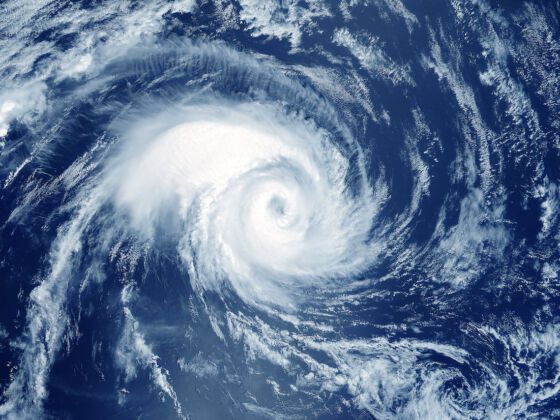I have lived on the Gulf Coast of Texas for almost all of my life, and Houston for the past fifteen years, so I have run the gamut of hurricanes, tropical storms, and floods. In addition, I spent a lot of time camping in areas near the coast, so I have a seasoned perspective that I want to share, particularly with non-native Gulf Coast residents.
Refer to these links first, particularly if you are short on time to prepare:
